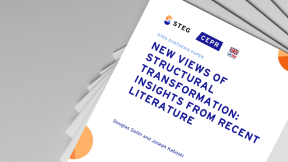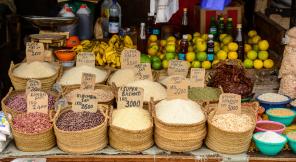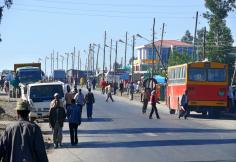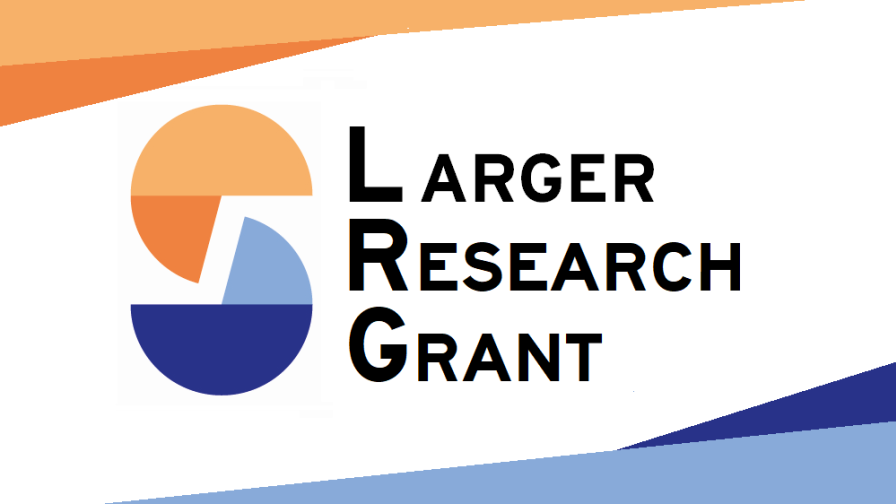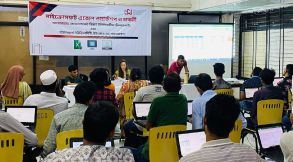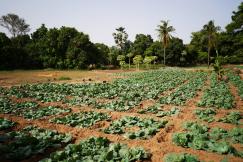Trade is a central aspect of the economy of most countries. Policymakers have a multitude of levers, including tariffs, quotas, and international financial engagement that have the potential to impact trade. Understanding how these policies, especially those focused on liberalisation, can impact economic markets and structural systems is of first-order importance to policymakers in lower-income countries. From the late 1980s through the early 1990s Colombia, financial reforms that included an increased ease in trade across all sectors resulted in a sudden boom in access to international markets for exporting, importing, and borrowing. This project will study the causal impact of this trade liberalisation on economic growth and structural change.
The project analysis combines empirical and quantitative methods. On the empirical side, the research team collects firm and industry data on the changes in trade (imports and exports), trade policy, and trade participation (exporting) as a result of the reforms. The long time series of firm-level data from Colombia is particularly well-suited for these purposes. The quantitative analysis examines similar firm, industry, and aggregate outcomes in relation to the trade policy change. However, the model’s inclusion of firm dynamics makes it possible to capture the slow adjustment of trade to the reforms as well as the slow reorganisation of economic activity across industries. An additional feature of the model is to allow for international borrowing and lending, which is significant as these capital flows varied systematically over time with the reforms.
Colombia is a developing country with rich firm data that present a rare opportunity to learn about trade liberalisation in a causal manner. Understanding trade policy is a critical aspect of development policy in low-income countries around the globe, particularly in Sub-Saharan Africa. This project separates trade reforms into domestic-focused policies such as quotas, and international-focused policies such as tariffs. It is then possible to understand which types of policy are more effective and which could be harmful in the growth of an economy. The findings from this project will provide new information for trade-related policies in contexts of economic growth in developing countries.




